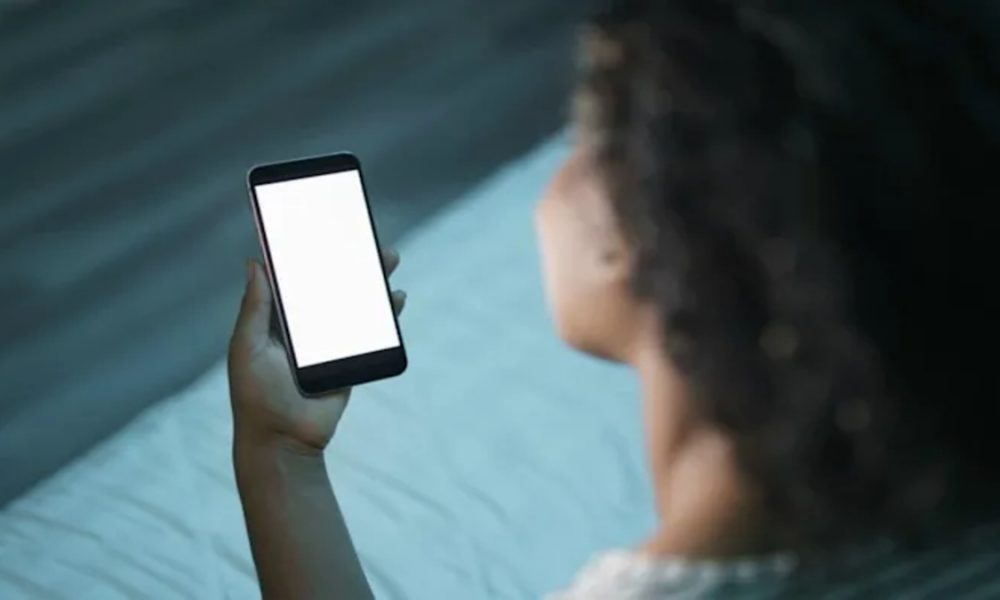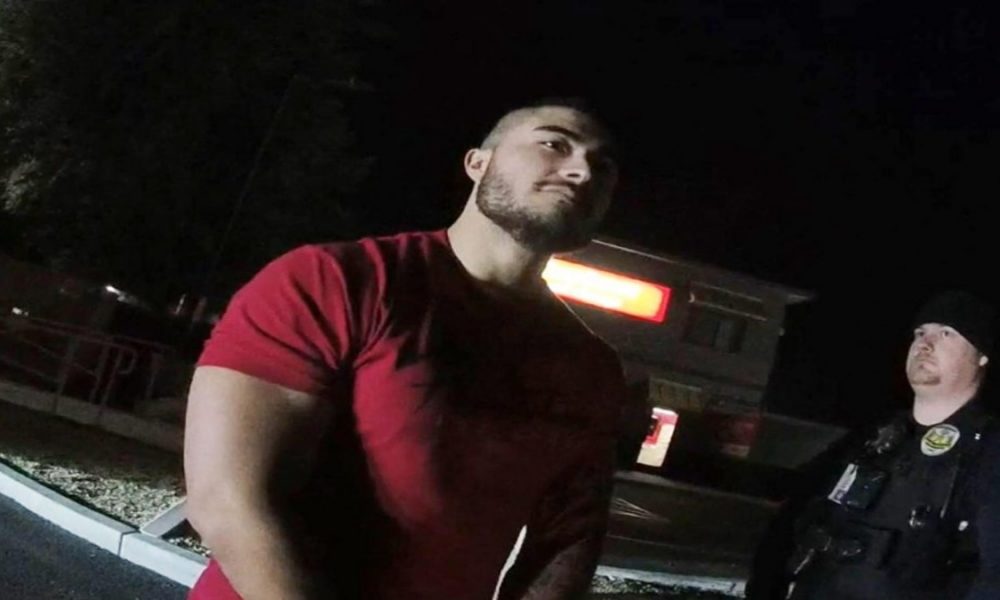The new Siri voices are now available to select with iPhone’s iOS 14.5 update, which launched this week.
What We Know:
- In 2020, Stanford University published research that found voice recognition systems misunderstood Black speakers at twice the rate of white ones. The new iPhone update features new security, privacy, gaming, message, and personal settings. The App Tracking Transparency update, in particular, is causing a rift between Facebook and Apple because ads and data tracking are key to Facebook’s business model. The app allows users to review which apps have requested permission to collect data and make changes.
- As for the new voices assigned to Apple’s virtual assistant Siri, two of them are being described by media outlets as African-American voices. Public Relations manager Jason Allen told Yahoo, “A young Black voice owning that role in a lot of people’s homes is incredibly powerful.”
- He goes on to mention how incorporating Black voices is a statement that “Black identity and African-American identity” have value. In total, Siri now has four options which is a step towards inclusivity.
- Researchers believe inclusivity in tech is important as it continues to evolve. A statement from Apple’s Newsroom confirms that the new Siri voices use Neural Text to Speech technology. Users must go to Settings -> Siri Search -> Siri Voice to access these features. Additionally, the update also added more options for the skin tones of couples emojis.
- According to Sherri Williams, diversifying these voices is important, a professor who studies race and media at American University. UCLA’s annual Hollywood diversity report confirms that today’s movies and TV shows are more likely than before to feature Black people in significant roles. Apple hasn’t commented publicly yet on who the new voices are meant to represent. The voices are computer-generated, and each is based on recordings from a single voice actor.
Scholars believe critics of the new voices may just be reflecting widespread stereotypes about younger, non-white speakers.



